Mali’s military government officially dissolved all political parties across the country.
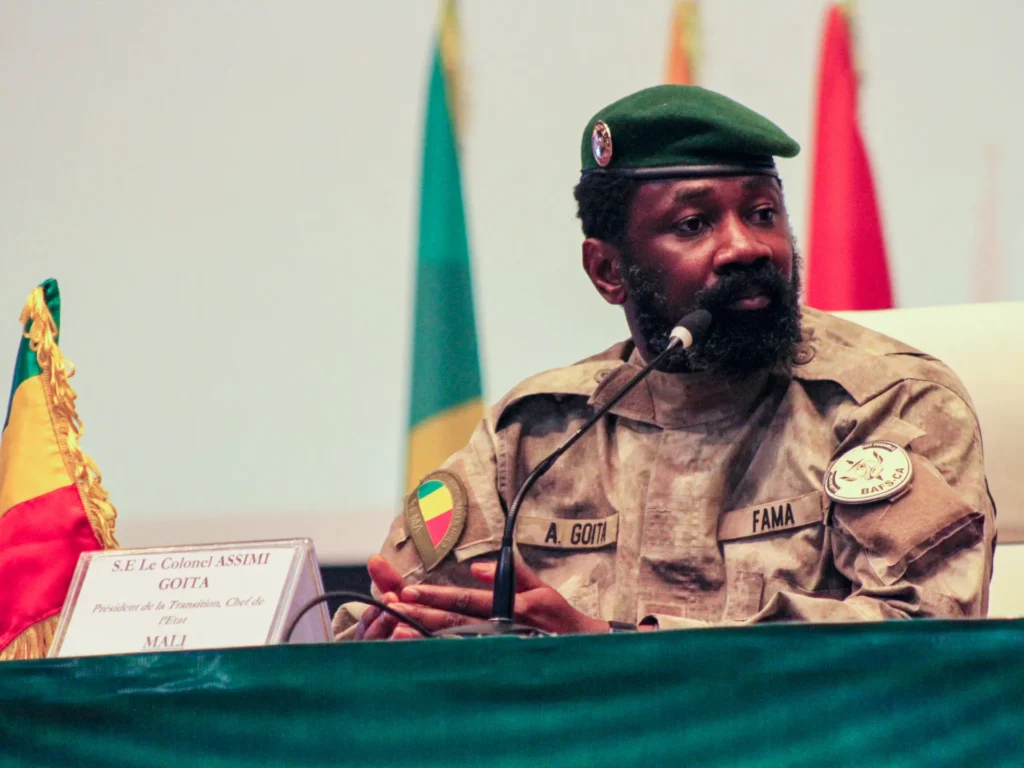
On May 13, 2025, Mali’s military government, led by General Assimi Goïta, officially dissolved all political parties and organizations across the country. This decree, announced on national television, also bans any meetings by members of the dissolved political entities. The move follows a recommendation from a recent national political conference and comes amid growing opposition from pro-democracy activists and political parties, who have held protests for nearly two weeks against the military regime’s increasing repression.
The dissolution has intensified political unrest in the capital, Bamako, where large-scale protests erupted earlier in May, with demonstrators demanding democratic elections and denouncing dictatorship. Originally, the junta had promised elections by February 2022, but delays have fueled public dissatisfaction.
In response to widespread opposition, authorities had previously suspended all political activities nationwide ahead of a scheduled protest on May 9, effectively stifling dissent. Human rights concerns have escalated with reports of at least three opposition politicians, including Abba Alhassane of CODEM and El Bachir Thiam of the Yelema party, being abducted by individuals alleged to be connected to the security forces. Abdoul Karim Traore, another CODEM member, is also feared missing.
Critics, including former Prime Minister Moussa Mara, argue that the decision severely undermines ongoing reconciliation efforts. Political figures, such as Nouhoum Togo of the now-defunct Union for the Safeguard of the Republic, plan to challenge the decree in Mali’s Constitutional Court, asserting that the Malian constitution guarantees the existence of political parties. Many opponents vow to continue advocating for democracy through civil society initiatives.
The international community has expressed concern over these developments. The United Nations has urged Mali’s junta to repeal the suspension of political parties, emphasizing that such actions violate both Malian law and international human rights standards.
This sweeping political crackdown is part of a broader pattern of repression under the military regime, which seized power in a 2020 coup. The junta’s actions have led to increased tensions within Mali and have drawn criticism from international observers concerned about the country’s democratic future.

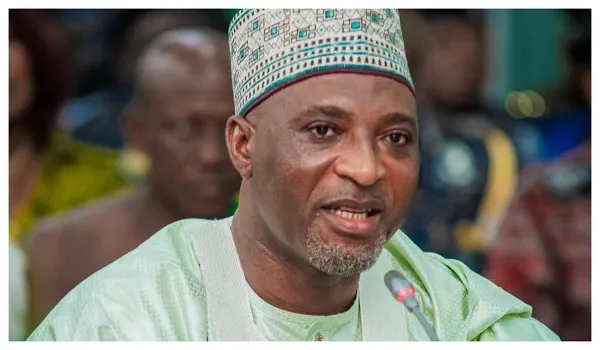 Three foreigners deported for gold smuggling
Three foreigners deported for gold smuggling 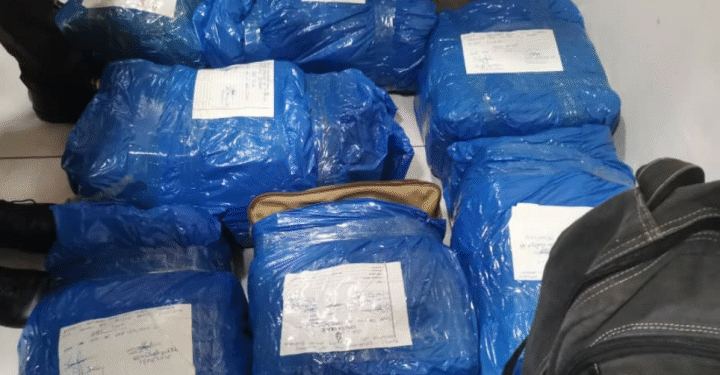 GoldBod and National Security apprehend foreigners in attempt to smuggle Gold
GoldBod and National Security apprehend foreigners in attempt to smuggle Gold 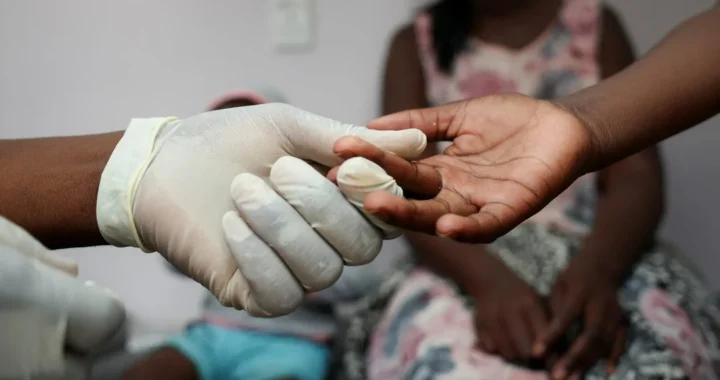 HIV Testing Plummets in South Africa After US Aid Cuts
HIV Testing Plummets in South Africa After US Aid Cuts 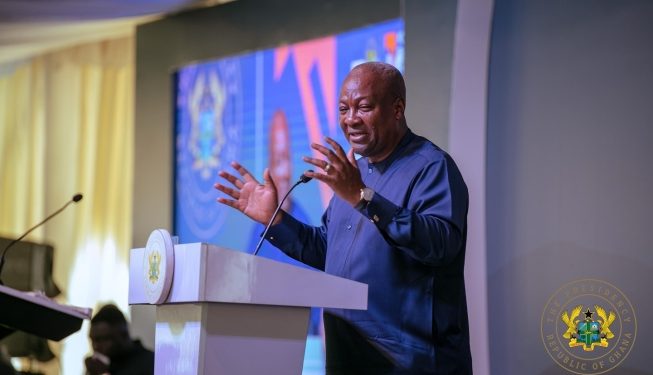 Energy sector debts to be settled by 2026 – President Mahama
Energy sector debts to be settled by 2026 – President Mahama